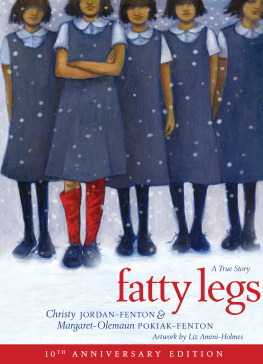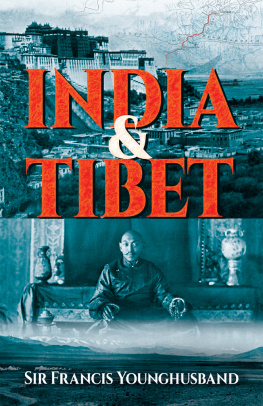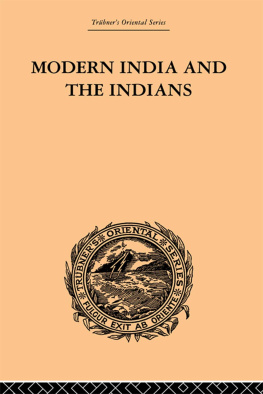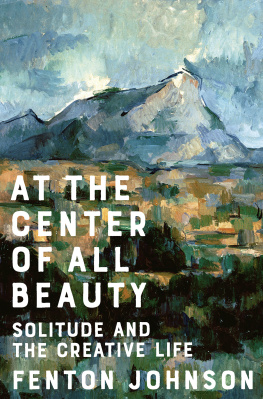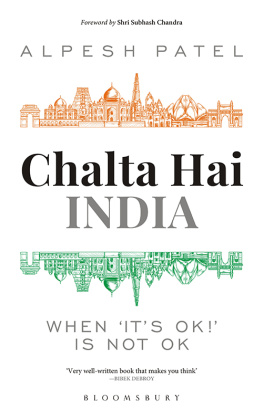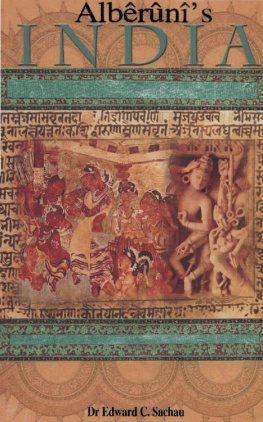Felix Tipnis. Felix Tipnis.
INDIA AND THE
INDIANS
BY EDWARD F. ELWIN
OF THE SOCIETY OF ST JOHN THE EVANGELIST, COWLEY
AUTHOR OF "INDIAN JOTTINGS," "THIRTY-FOUR YEARS IN POONA CITY,"
"STORIES OF INDIAN BOYS," ETC.
WITH ILLUSTRATIONS
LONDON
JOHN MURRAY, ALBEMARLE STREET, W.
1913
PREFACE
India is really waking up, but she is doing so in her own Indian way. For some years past it has been one of my daily duties to arouse an Indian boy, and I know exactly how an Indian wakes. It is a leisurely process. He slowly stretches his legs and rubs his eyes, and it is at least ten minutes before he can be said to be really wide awake. And every morning I have to say exactly the same thing: "Now remember, Felix, to say your prayers; then go and wash your hands and face, and then feed the pony." And if on any particular morning I were to leave this reminder unsaid, and Felix left any, or all of these duties, undone, and I were to ask him the reason, he would reply, "You did not tell me."
With India waking up, there never was a time when she stands more in need of some kindly person at her side to tell her what to do. She needs to be taught to say her prayers, because with the old religion gone and the True Faith dimly understood, India would be in the appalling condition of a great country without a religion. We need to tell her to wash her hands and face, because there are certain elementary matters of sanitation which must be attended to if India is ever to become a wholesome and prosperous country. And we have got to teach her how to work, because India wide awake, but idle, might easily become a source of great mischief.
Every Englishman who takes pleasure in the sense of Empire ought to realise that it brings with it great responsibilities, and therefore that every Englishman has a measure of responsibility towards India. We must be taking care that, if when she is wide awake she fails to fulfil her great vocation, at any rate she shall have no cause to utter against us the reproach, You never told me.
A better understanding of what India and the people who live in it are really like, seems to be the necessary preparation for sympathy and work of any sort connected with that country; and to help, in however small a degree, to bring about this end is the object of this book. I have had unusually favourable and varied opportunities for getting to know intimately the inner side of Indian life and character during a somewhat long residence in this country. The contents of the book are exceedingly miscellaneous because the daily experiences have been equally so. Everything that is told is the outcome of my own personal observations amongst a people to whom I am deeply attached, and I have taken the utmost pains to record nothing of which I was not sure, and to verify everything concerning which I was doubtful.
The photographs were all taken by Brother Arthur of our Society.
Edward F. Elwin.
Yerandawana,
Poona District, India.
CONTENTS
| CHAP. | PAGE |
| I. |
| II. |
| III. |
| IV. |
| V. |
| VI. |
| VII. |
| VIII. |
| IX. |
| X. |
| XI. |
| XII. |
| XIII. |
| XIV. |
| XV. |
| XVI. |
| XVII. |
| XVIII. |
| XIX. |
| XX. |
| XXI. |
| XXII. |
| XXIII. |
| XXIV. |
| XXV. |
| XXVI. |
| XXVII. |
| XXVIII. |
| XXIX. |
| XXX. |
| XXXI. |
| XXXII. |
| XXXIII. |
| XXXIV. |
| XXXV. |
| XXXVI. |
| XXXVII. |
| XXXVIII. |
| XXXIX. |
| XL. |
| XLI. |
| XLII. |
| XLIII. |
| XLIV. |
| XLV. |
| XLVI. |
| XLVII. |
LIST OF ILLUSTRATIONS
| To face page |
| " |
| " |
| " |
| " |
| " |
| " |
| " |
| " |
| " |
| " |
| " |
| " |
| " |
| " |
CHAPTER I
INTRODUCTORY
Misconceptions about India. Hinduism. An "infernal religion." Hindu mythology. Ascetics. Translations of Hindu sacred books. Modern and ancient ways of teaching Christianity. Danger of the incorporation of a false Christ into Hinduism. Hindu India as it really is. Definitions of "What is Hinduism?" from representative Hindus.
India is not really quite so mysterious a country as it appears to be on first acquaintance. But you have to live there a long time before things begin to reveal their real shape. It is only on the ground of long residence, and frequent and often close intercourse with a great variety of Indians, that I venture now and then to give some of my experiences to others. India remains almost an unknown land to a large number of people in spite of all that has been written or spoken about it, and it is hard to dissipate the many misconceptions which exist concerning the country. Some of these misconceptions came into being years ago, but they have become stereotyped. They were presumably the outcome of hasty conclusions drawn from superficial knowledge. But even visitors to India often view the country in the light of preconceived ideas which they have either heard or read of, and they therefore fail to see things as they really are.
It is inevitable in dealing with Indian things that the defects of the people of the country should occupy rather a prominent place. The cause is their misfortune and not their fault. They have many delightful natural characteristics, and the years that I have lived amongst them have only served to increase my deep affection for the people of India, and the real pleasure that I find in their society. The defects of Hindus come from their religion, which is deeply steeped in idolatry, and neither gives them a code of morality, nor grace to keep one if it had been given. The strongest denunciations of Hinduism come from the people themselves. I often repeat what the old Brahmin, who lived and died a Hindu, said when he roared out to me, "It is a most infernal religion." And he proceeded to give instances of its infernal nature which it is impossible to print, but which justified the expression.
A Hindu admits the beauty of a moral life, but puts it aside as impossible of fulfilment. He has no creed, and cannot tell you what he believes. He is in doubt and uncertainty both as regards where man came from, and whither he is going. Nearly every Hindu is an idolater at some time or other, if only to please his wife, or to oblige a friend. Some, nowadays, try to explain away the custom as being merely an ancient tradition, but on that account to be respected; or as edifying for the ignorant, who cannot find God in any other way.
The histories of the gods, like all heathen mythology, consist of tales, some picturesque, some foolish, some dull and childish, some obscene. How far the educated Hindu believes them it is difficult to know. Those that are obviously absurd he will say are allegorical, and in spite of their diversity he will maintain that they are all manifestations of one god. The uneducated rustic, so far as he is familiar with these stories, believes them.



